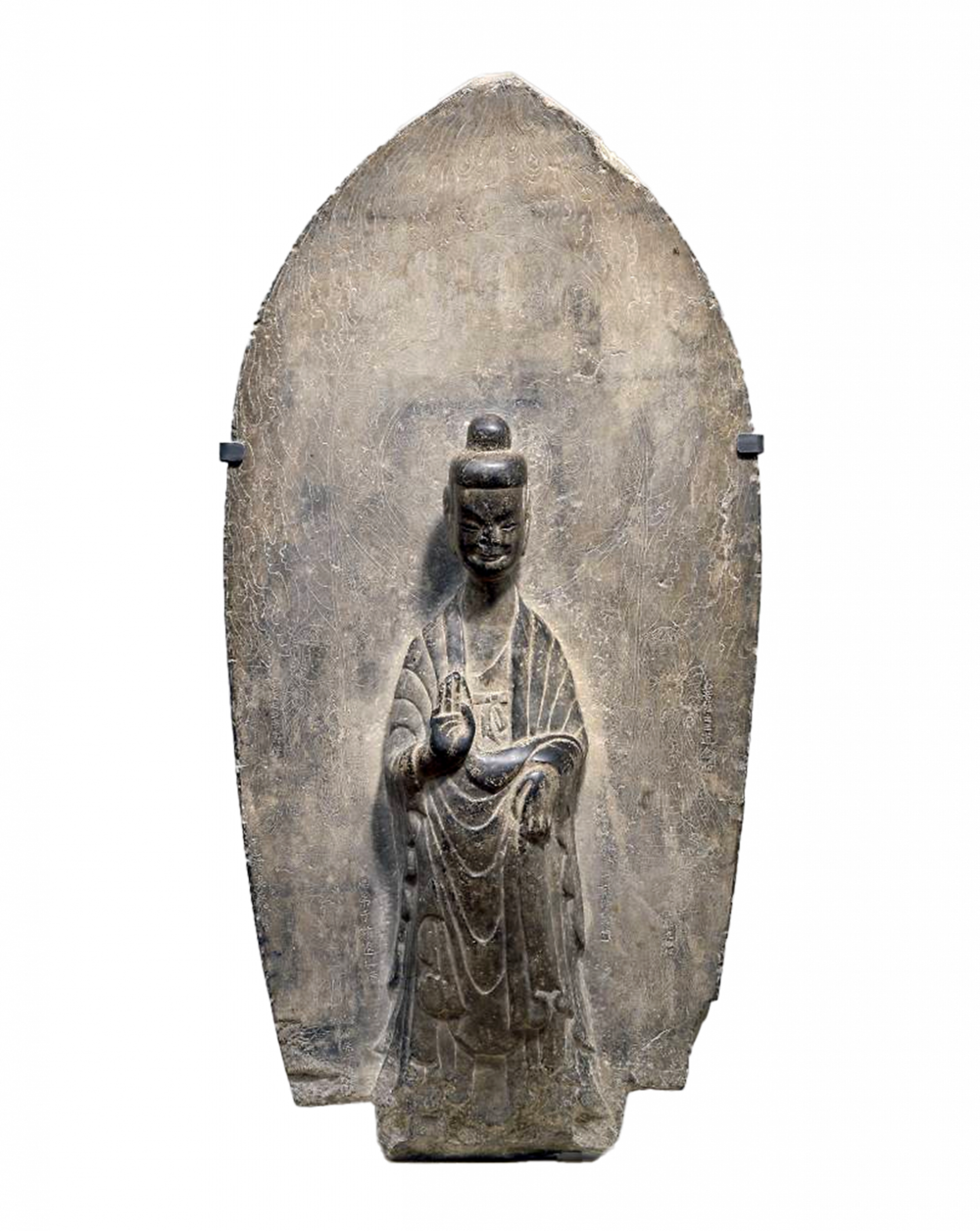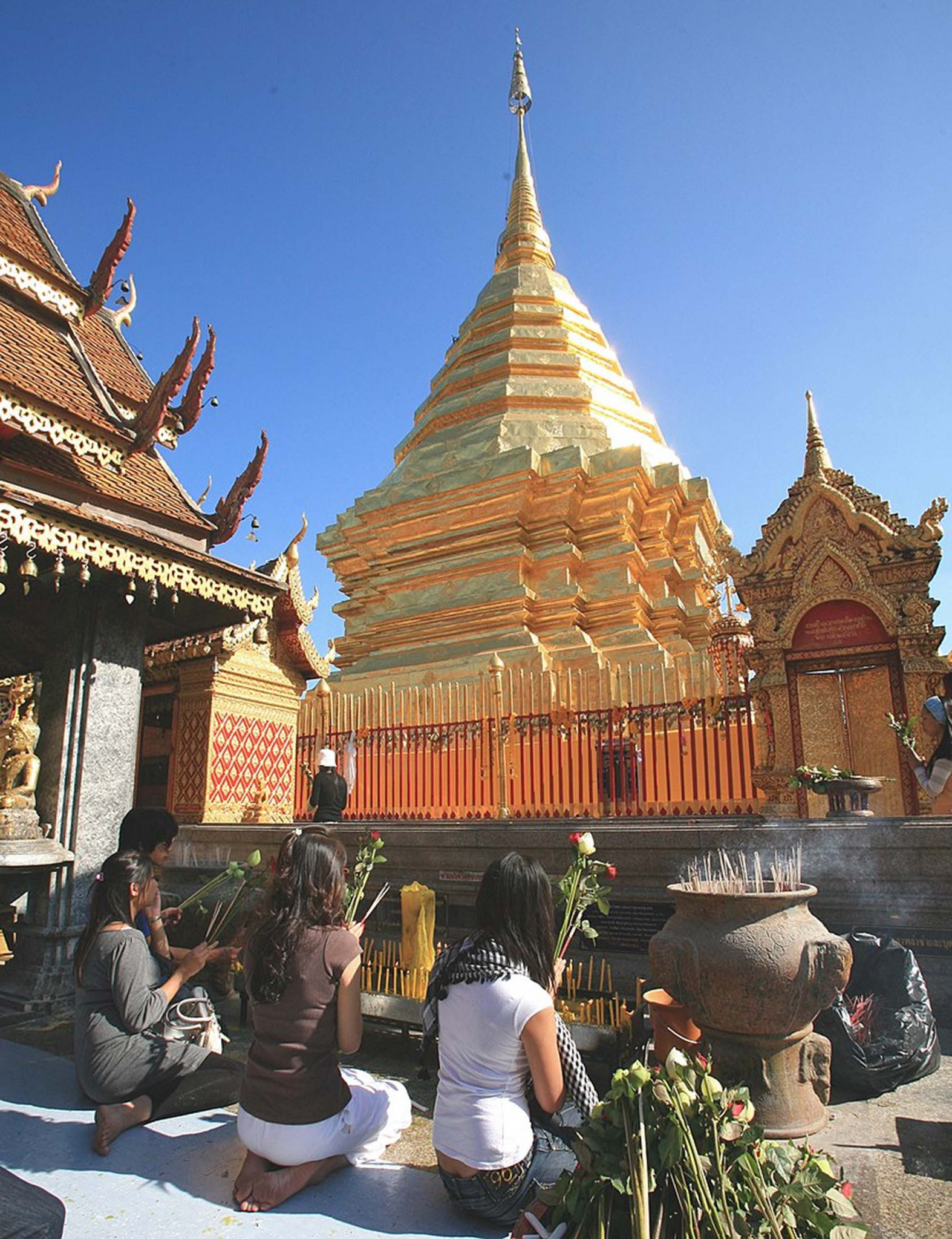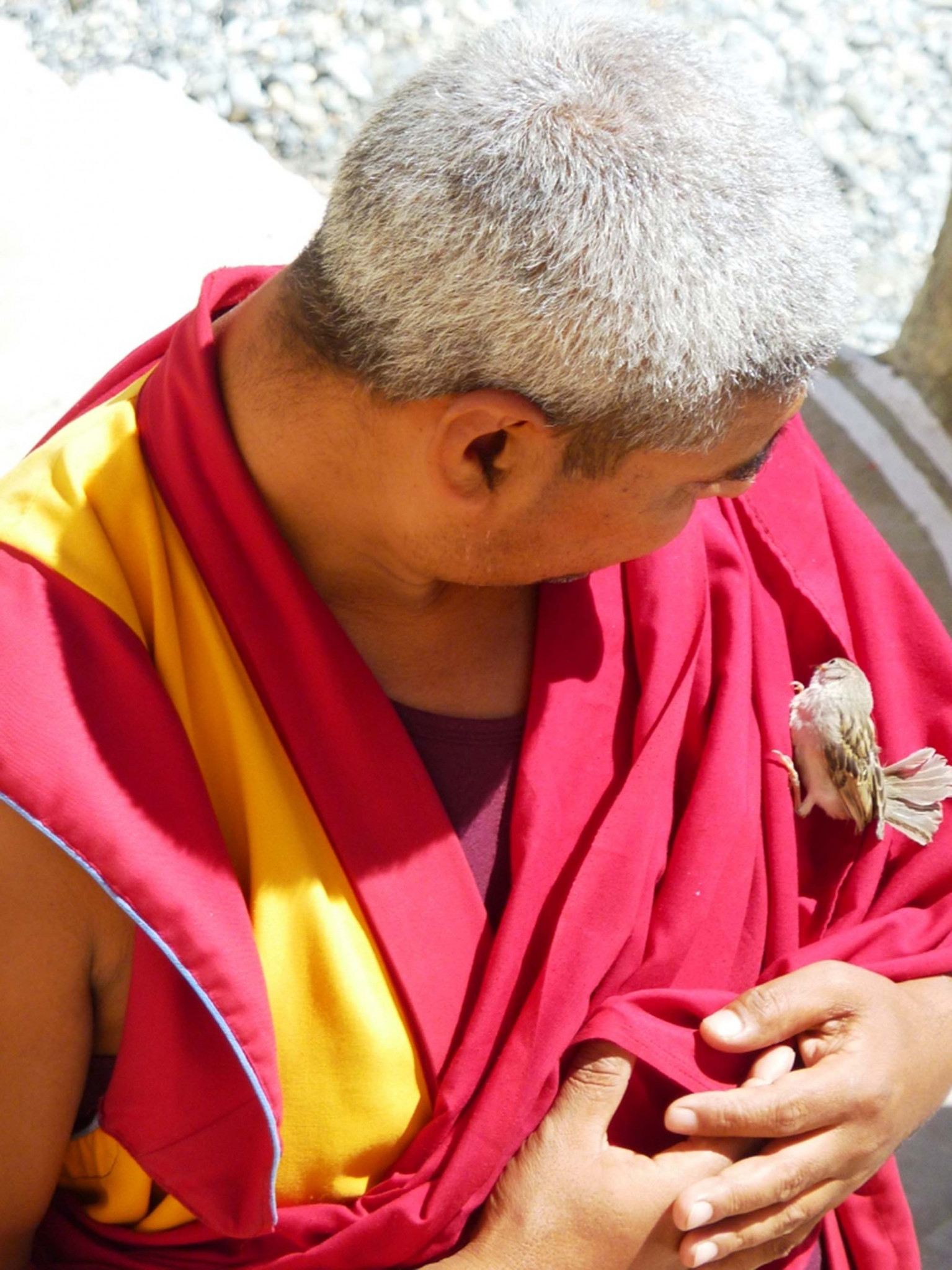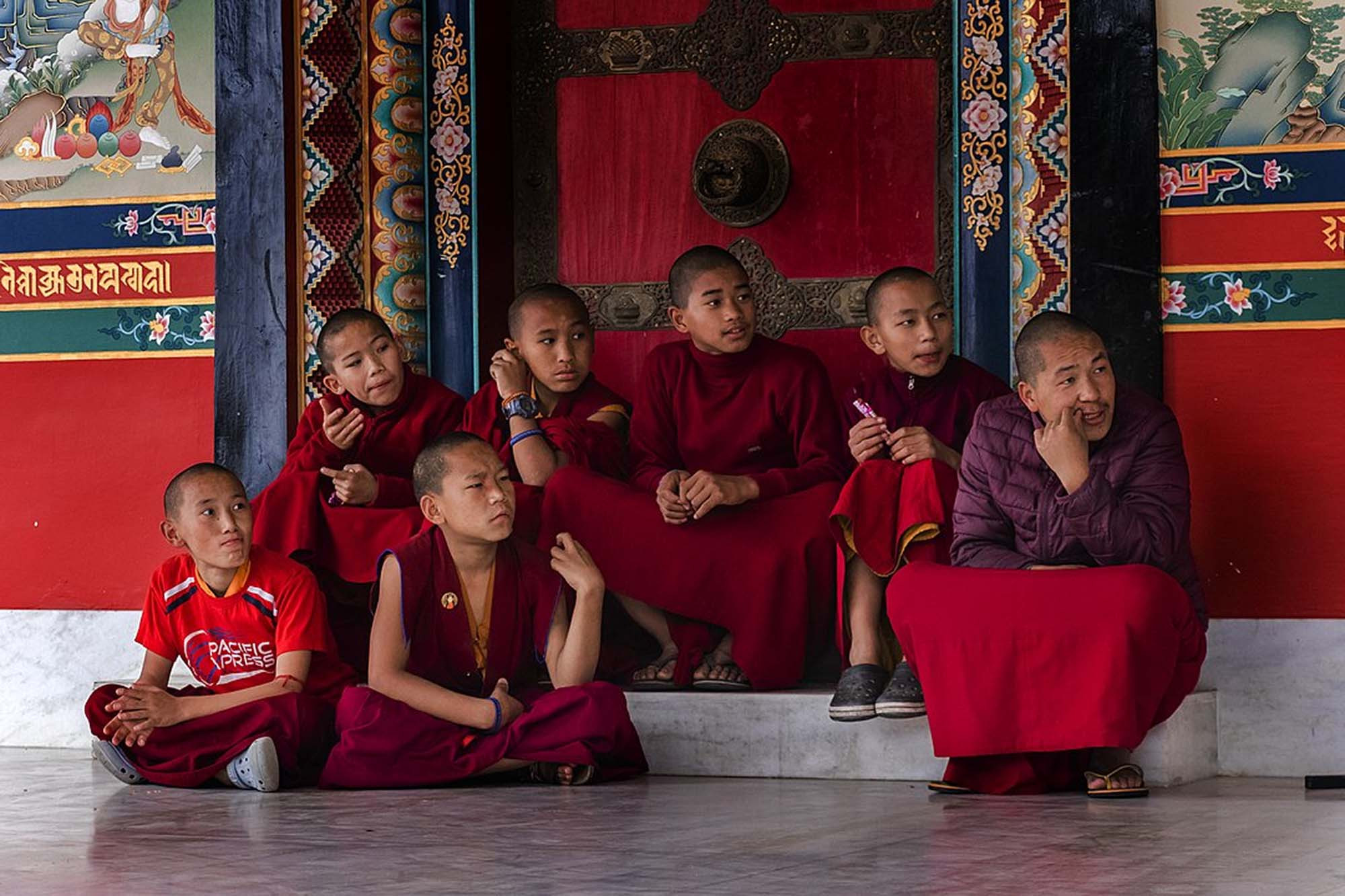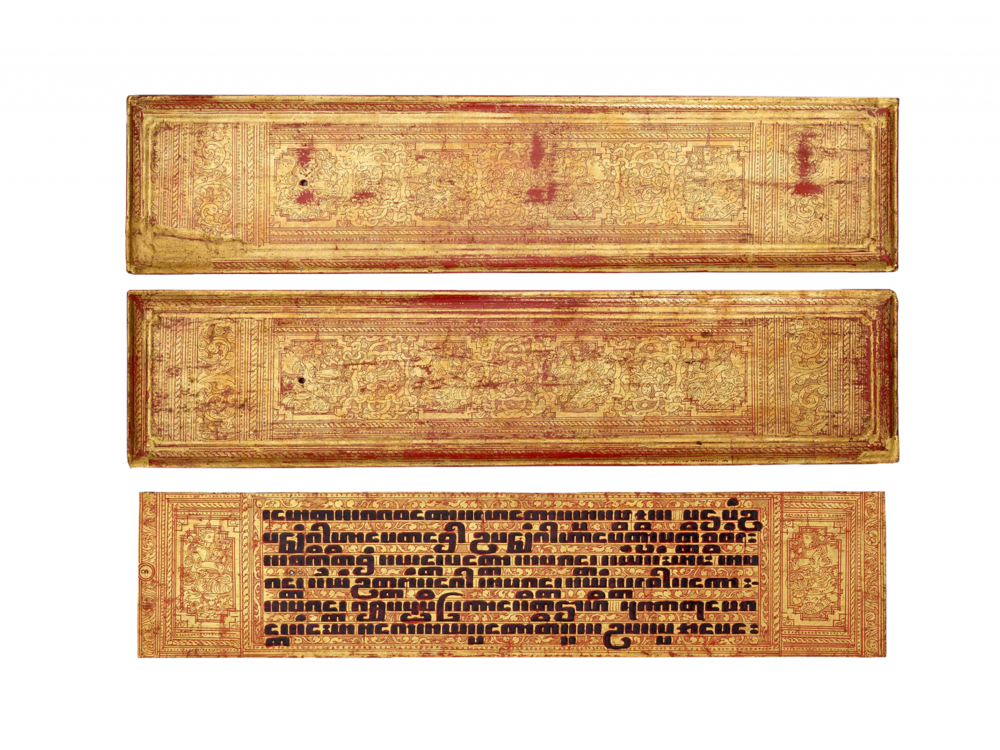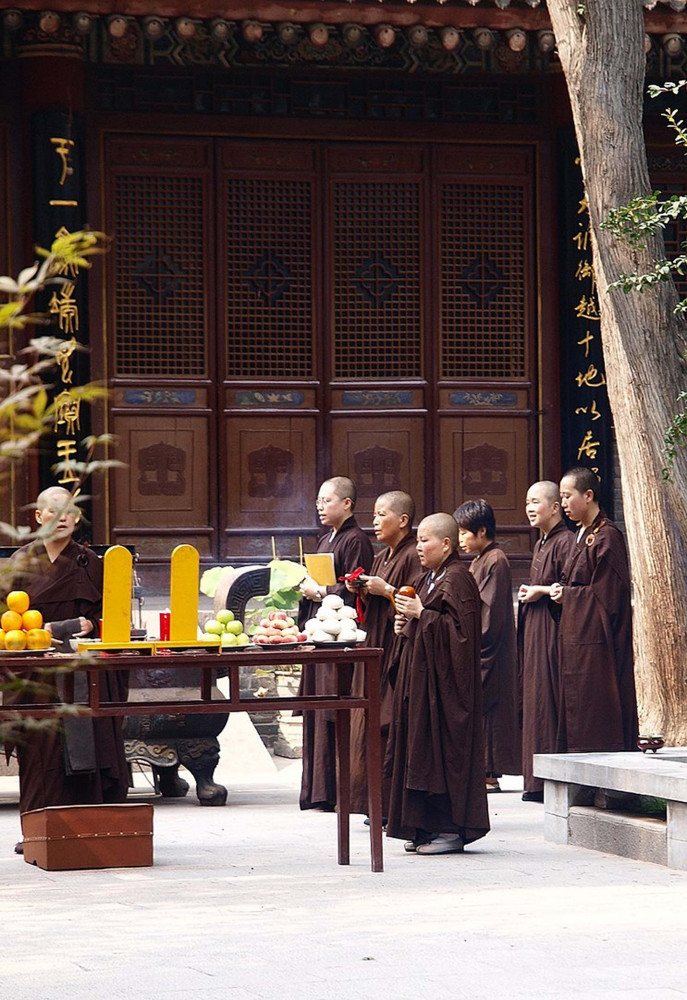What ethical considerations guide Buddhists in their actions?
How are “good” and “bad” deeds defined?
Many cultures define such deeds in similar ways. Around the world, lying, stealing, and killing are considered morally wrong.
When it comes to judging the ethics of any action, what is crucial for Buddhists is the intention and the outcome. These are key aspects that determine one's karma.
Discover the connection in this story.
